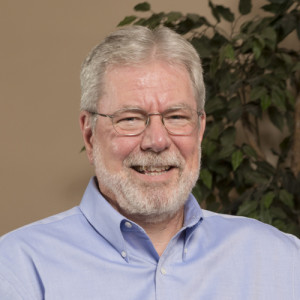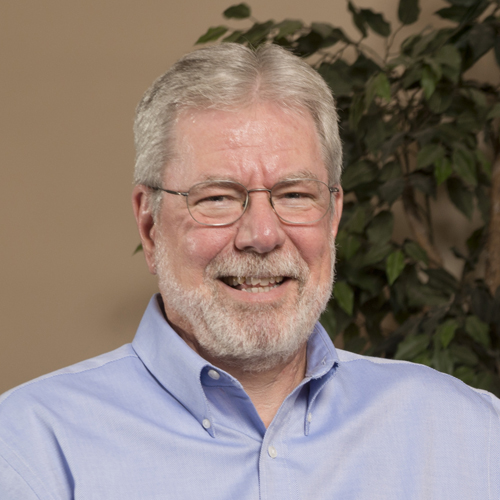The liberating arts: The liberal arts idea of better

Education of any kind is fundamentally an exercise of hope. We might think of it as “hope in action”, because education, by its very nature, is oriented to the future. It is fundamentally about making tomorrow better than today. Driven by some understanding of “better” we undertake education in order to bring about whatever might be our idea of “better”.
But not all education is the same. Not all education has the same idea of “better” in mind.
What is the idea of “better” to which a liberal arts education is oriented? To get started on an answer, consider how Maryville College has tried to articulate this in some of its public statements. Maryville College, like many liberal arts colleges, thinks of “better” as somehow a matter of truth, justice, wisdom, creativity and service. Not limited to just these things, to be sure, but these are perhaps the heart of the matter.
At first glance, these might seem like impossibly abstract or arcane notions, but some reflection provides both clarity and shape.
Truth is a matter of asking the big questions, the important and meaningful questions, indeed the questions that have been asked by our fellow humans throughout our history. These are the questions about who we are, and why we exist and how we can uncover purpose and goodness and beauty in our lives.
As we search for answers, we acquire important and useful knowledge in a seemingly constantly changing world. We develop our own answers to those questions, but we also must understand the answers of others, both those who live alongside us and those that have come before us. In the process we discover which answers need revision, but equally as important, which answers are timeless and enduring.
Justice is simply a way of describing our relationship to each other—to another person or other peoples, to communities or even to nations, countries and cultures. At its heart, it is about recognizing the worth and dignity of the other, and working to ensure that such worth and dignity is constantly affirmed and reaffirmed through relationships marked by respect and compassion and empathy.
Wisdom speaks to insight. Insight gleaned from experience, from reflection, from paying attention, from seeing connections, from looking for those connections, for being conversant in enough different vocabularies and languages that our minds see things in different ways, and comprehend things differently as a result. It is the product of knowledge converted to understanding.
Creativity speaks to the exercise of imagination, of seeing both new things and new ways, but also seeing old things in new ways. And, it includes practical imagination that allows us to effect change where change is needed, and at the same time preserve what must be preserved.
Service speaks to humility and courage, and to generosity; a giving of oneself. It is a recognition that everyone has something to give, and everyone has needs. It implies an acute awareness of our interconnectedness and interdependence, our mutual destiny, and our mutual need for conditions of human flourishing.
These things might still be abstract but, nevertheless, are very real. And concrete. Justice is lived with every breath we take, insight is cultivated with every thought, and service is learned with every step forward. These are the things that, for centuries, so many people have found indispensable in professional life, in work life, and in personal life; indeed, it is these things that foster lives of integrity, of wholeness. This is indeed “better”, and this is liberating, and this is to what liberal arts education aims.

